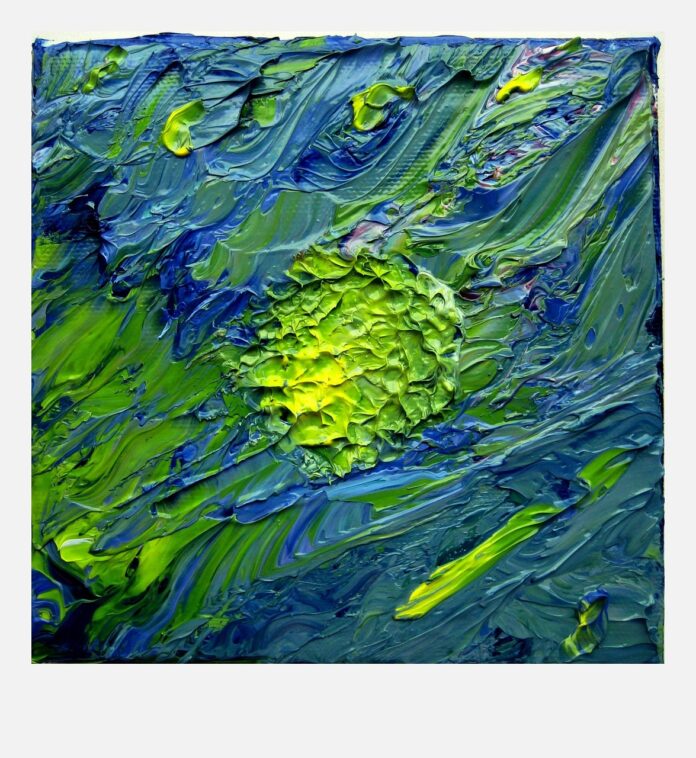Antioxidants are compounds that play a crucial role in protecting the body from the damaging effects of free radicals, which are highly reactive molecules produced during normal metabolic processes and in response to various environmental factors. The imbalance between free radicals and antioxidants can lead to oxidative stress, which is associated with a range of health issues, including inflammation and chronic diseases. Here is a comprehensive overview of antioxidants, accompanied by a concise list of key aspects to understand about these important compounds:
1. Definition and Types of Antioxidants: Antioxidants are molecules that inhibit or neutralize the damaging effects of free radicals by donating electrons without becoming destabilized themselves. There are various types of antioxidants, broadly categorized into enzymatic antioxidants produced by the body (e.g., superoxide dismutase, catalase) and non-enzymatic antioxidants obtained from dietary sources, such as vitamins (e.g., vitamin C, vitamin E), minerals (e.g., selenium), and phytochemicals (e.g., flavonoids, carotenoids).
2. Mechanisms of Action: Antioxidants neutralize free radicals through different mechanisms, including electron donation, enzyme inhibition, and metal ion chelation. By providing electrons to stabilize free radicals, antioxidants help prevent oxidative damage to cells, proteins, lipids, and DNA. Enzymatic antioxidants work within the body’s cellular systems, while non-enzymatic antioxidants primarily come from the diet.
3. Dietary Sources of Antioxidants: A diverse and balanced diet is crucial for obtaining a variety of antioxidants. Fruits and vegetables, especially those with vibrant colors, are rich sources of antioxidants. Berries, citrus fruits, leafy greens, nuts, seeds, and certain spices are known for their high antioxidant content. Additionally, beverages like green tea and red wine contain antioxidants.
4. Health Benefits: Antioxidants play a vital role in maintaining overall health and preventing various diseases. They are associated with reducing oxidative stress, inflammation, and the risk of chronic conditions such as cardiovascular diseases, cancer, and neurodegenerative disorders. Antioxidants also support the immune system, promote skin health, and contribute to the body’s natural defense mechanisms.
5. Oxidative Stress and Diseases: Oxidative stress occurs when there is an imbalance between the production of free radicals and the body’s ability to neutralize them with antioxidants. This imbalance is linked to the development of several diseases, including atherosclerosis, diabetes, arthritis, and neurodegenerative disorders like Alzheimer’s and Parkinson’s disease. Antioxidants help counteract oxidative stress, potentially mitigating the risk of these diseases.
6. Role in Aging: The cumulative effects of oxidative stress are thought to contribute to the aging process. While aging is a complex phenomenon with multiple factors involved, antioxidants are believed to play a role in slowing down the aging process by protecting cells and tissues from damage caused by free radicals. However, the relationship between antioxidants and aging is a topic of ongoing research.
7. Supplements and Controversies: While obtaining antioxidants from a balanced diet is generally recommended, antioxidant supplements have been a subject of controversy. Some studies suggest that antioxidant supplements may not provide the same health benefits as antioxidants from whole foods and, in some cases, may even have adverse effects. It’s crucial to consult with a healthcare professional before considering antioxidant supplements, as excessive intake may have unintended consequences.
8. Synergistic Effects: Antioxidants often work synergistically, enhancing each other’s effectiveness. This synergy is observed in the complex interactions between different antioxidants found in various foods. For example, vitamin C can regenerate vitamin E, and certain phytochemicals can enhance the activity of enzymatic antioxidants within the body. Consuming a variety of antioxidant-rich foods ensures a diverse range of compounds with complementary actions.
9. Recommended Daily Intake: There is no specific recommended daily intake for antioxidants as a group, given their diverse nature. Instead, health authorities provide recommendations for specific antioxidants such as vitamins A, C, and E. These recommendations can be met through a balanced diet rich in fruits, vegetables, whole grains, and other nutrient-dense foods.
10. Environmental Factors: Environmental factors, such as pollution, radiation, and exposure to certain chemicals, can increase the production of free radicals in the body, contributing to oxidative stress. Antioxidants obtained through diet or supplementation can help counteract the effects of environmental stressors, emphasizing the importance of a holistic approach to health that includes both internal and external factors.
Antioxidants, defined as compounds that counteract the damaging effects of free radicals, are critical for maintaining overall health. With enzymatic and non-enzymatic antioxidants working synergistically, they protect cells from oxidative stress, a process linked to chronic diseases and aging. Obtaining antioxidants through a well-rounded diet is vital, as fruits, vegetables, nuts, seeds, and spices provide a rich array of these compounds. The health benefits of antioxidants are extensive, encompassing reduced inflammation, enhanced immune function, and a lowered risk of diseases like cardiovascular conditions and neurodegenerative disorders.
Oxidative stress, arising from an imbalance between free radicals and antioxidants, is implicated in various diseases, making antioxidants pivotal in disease prevention. Their role in aging, while complex and subject to ongoing research, suggests a potential influence on slowing the aging process by protecting against cellular damage. The use of antioxidant supplements, however, remains controversial, with studies indicating that whole foods may offer superior health benefits compared to isolated compounds. Consulting with healthcare professionals is advised before considering antioxidant supplementation.
The synergistic effects of antioxidants highlight the importance of consuming a diverse range of antioxidant-rich foods. These compounds often work together, with some antioxidants regenerating others and enhancing enzymatic antioxidant activity within the body. The recommended daily intake varies for specific antioxidants, emphasizing the significance of a balanced diet that includes fruits, vegetables, whole grains, and other nutrient-dense foods.
Antioxidants also play a crucial role in addressing environmental factors that contribute to oxidative stress. Pollution, radiation, and exposure to certain chemicals can increase free radical production, emphasizing the need for a holistic approach to health. Environmental stressors, when coupled with a diet rich in antioxidants, can help mitigate the impact of external factors on the body.
In conclusion, antioxidants are fundamental for cellular protection and overall well-being. Their multifaceted benefits extend beyond disease prevention, encompassing immune support, anti-inflammatory properties, and potential influences on the aging process. While the importance of obtaining antioxidants through diet is emphasized, it’s essential to approach their consumption in a holistic manner, considering lifestyle choices and external factors that contribute to oxidative stress. This comprehensive understanding underscores the significance of antioxidants in promoting optimal health and resilience against various health challenges.

















